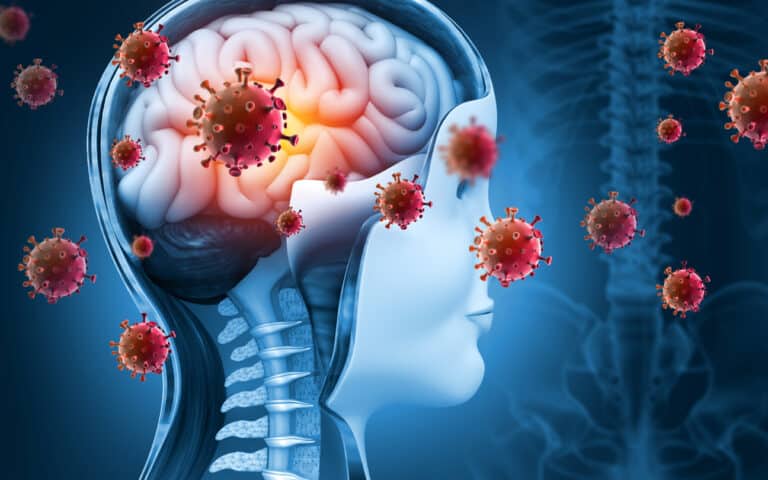Hearing loss is often attributed to factors such as excessive noise exposure and the aging process. However, meningitis—an inflammation of the protective membranes surrounding the brain and spinal cord, known as the meninges—is an often overlooked but significant cause of auditory damage.
Symptoms of Meningitis

Symptoms of meningitis can be quite severe and include neck stiffness, heightened sensitivity to light, confusion, fatigue, difficulties waking up, diminished appetite, nausea, vomiting and distinctive rashes. Infants may have different symptoms; they can present with bulging at the soft spots of the skull, poor feeding, excessive sleepiness and low energy.
What Triggers Meningitis?
Meningitis can be triggered by infectious agents such as bacteria, viruses, fungi and parasites, as well as non-infectious factors like certain diseases, medications and medical conditions. While the meninges’ swelling is not contagious, the bacterial and viral agents responsible for causing meningitis can spread from one person to another.
The Path from Meningitis to Hearing Loss
Hearing impairment is predominantly linked with bacterial meningitis. The infection’s progression to the cochlea—the inner ear’s spiral cavity containing hair cells vital for sound transmission—can lead to irreversible damage. Bacterial meningitis can also provoke inflammation of the auditory nerve, potentially leading to permanent hearing loss.
Delay in treatment escalates the likelihood of seizures and persistent neurological deficits. These may include memory issues, learning disabilities, brain damage and other complications.
Proactive Measures and Prevention
Given the rapid advancement of bacterial meningitis and its potential for lasting harm, prompt medical attention is crucial to the appearance of symptoms. To prevent meningitis, take the following steps:
- Consult with your healthcare provider about obtaining meningitis vaccinations for you and your family.
- If you’ve been in contact with someone diagnosed with meningitis, reach out to your doctor; antibiotics may be prescribed to minimize infection risk.
- Exercise caution by not sharing food, drinks or personal items, particularly with individuals displaying symptoms.
Children are at the greatest risk of developing bacterial meningitis, with approximately 70% of cases affecting children under five. Because the impact of bacterial meningitis can be severe, vaccinating your child and teaching them the importance of healthy hygiene is crucial.
Coping with Meningitis-Induced Hearing Loss
The onset of hearing loss due to meningitis can be an alarming and distressing experience. Recognizing that support is available and that you have treatment options is crucial to your well-being. Depending on the degree of hearing loss, options such as hearing aids can significantly improve quality of life. These devices amplify sounds, making speech clearer and reducing ambient noise interference.
Depending on the level of hearing loss, hearing aids can bring back the sounds of birds chirping at Hermann Park and help you engage in conversations with your loved ones.
If you suspect hearing loss due to meningitis or are seeking advice and treatment options, please contact Hearing Systems today to schedule an appointment with one of our specialists.
